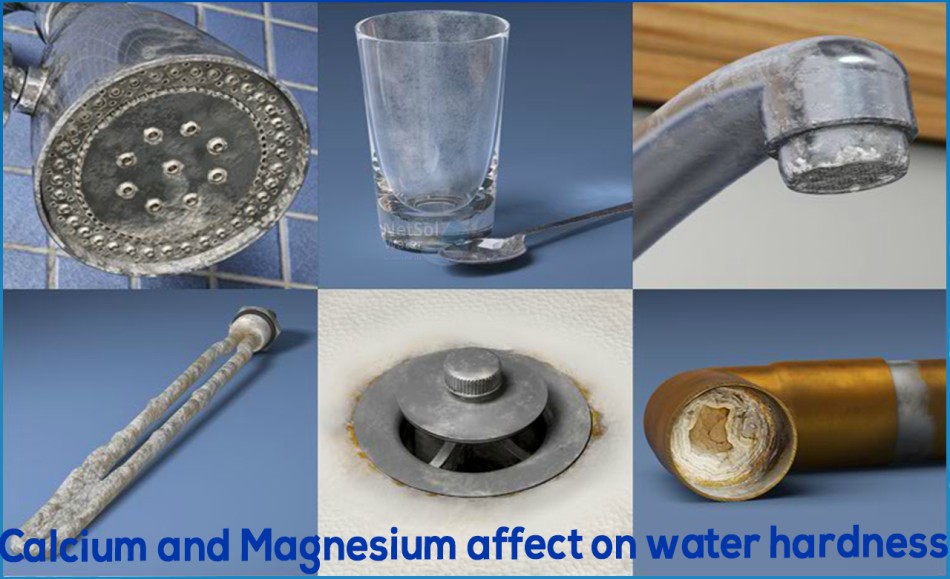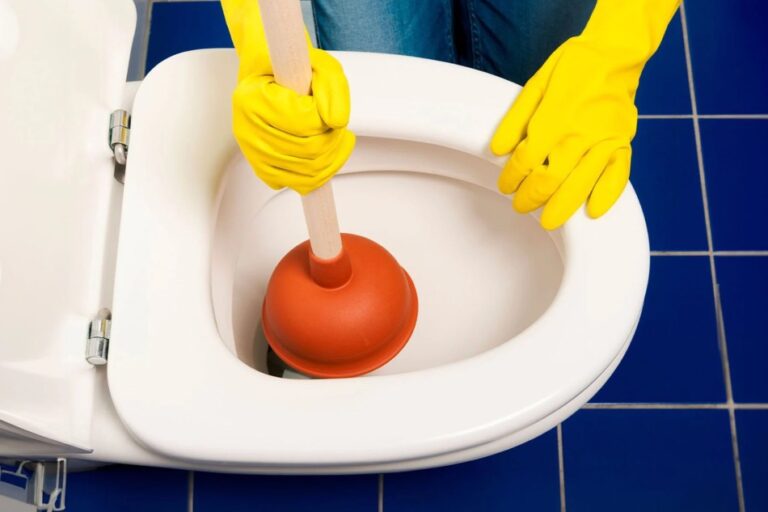When you turn on the tap to get some water, you might not think twice about what else is mixed in with it. Most water naturally contains calcium and magnesium, but in some areas, those minerals can be found in higher concentrations. This is known as hard water, it affects more than 85% of homes across the country.
How Hard Water Forms
Rainfall starts out as soft water. As it soaks into the ground and passes through limestone, it absorbs calcium and magnesium, eventually making its way into streams, lakes, and our water supply. The geology of certain regions contributes to the hardness of the water, depending on the minerals it picks up along its path.
Why Hard Water Is Detrimental to Your Home
While calcium and magnesium are essential for our health, when they accumulate in water, they can create problems. Hard water leaves a residue that can build up on appliances like your washing machine and dishwasher, and you might notice this scaling on your pots and pans too. This buildup, known as scale, can also clog pipes and appliances, reducing their efficiency. For instance, a water heater may struggle with scale deposits, which can mean it doesn’t heat water as effectively or may waste energy in the process.
In addition, hard water can lead to unsightly stains in your shower. Soap scum and residue can accumulate, making your glass shower doors look cloudy and impacting your bathing experience. It can also leave your hair and skin feeling drier after a shower.
The Benefits and Drawbacks of Soft Water
Soft water, on the other hand, lacks the minerals found in hard water. By switching to soft water, you can minimize buildup in your appliances and reduce staining on dishes, pots, and pans. Plus, soft water is gentler on your skin and hair, preventing the dryness often caused by hard water.
However, soft water does have its downsides. Because it has a higher salt content, it may not be ideal for those with high blood pressure or diabetes. Softening water typically involves an ion exchange process, where the natural minerals are replaced with sodium. Additionally, using soft water for plants can be problematic, as the increased sodium levels may affect their health.




